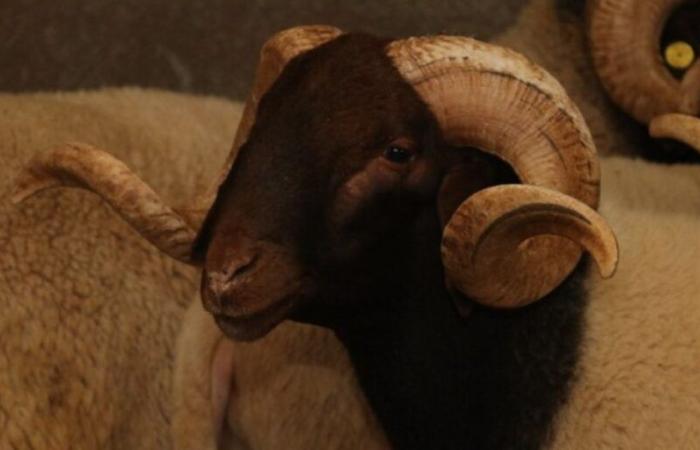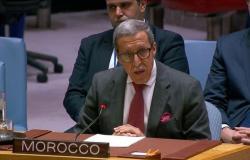A few months before Eid Al Adha, debates around a possible cancellation of the festival are resurfacing, in a context of drought which continues to worry the country. However, industry professionals believe it is premature to draw hasty conclusions.
A situation under control for the moment
Despite the severity of the drought, the cancellation of Eid Al Adha, an essential holiday for breeders and farmers, does not seem to be on the agenda. Speculation on the subject, recurring every year, is considered unfounded by experts. The government has assured that it is closely monitoring developments in the situation. Mustapha Baitas, spokesperson for the Executive, recently highlighted the efforts made to overcome the difficulties linked to drought.
Furthermore, the census of sheep and goats intended for sacrifice is already underway. This mission, entrusted to the National Association of Sheep and Goats (ANOC) by the Ministry of Agriculture, mobilizes teams throughout the Kingdom. “The data collected will make it possible to better assess the availability of national livestock,” explains Abderrahmane Mejdoubi, president of ANOC. The results of this operation, scheduled to be completed in around twenty days, will then be analyzed and officially published.
Importers cautious in the face of uncertainty
-The annual livestock requirement for Eid Al Adha is estimated at around 6 million heads. However, importers are still waiting for better visibility before supplying the market in significant quantities.
Import costs are also a barrier. For cattle, prices vary between 40 dirhams per kilo for Brazilian animals and up to 60 dirhams for those from Spain, depending on their quality. As for sheep, they reach 57 dirhams per kilo.
For the moment, efforts are focused on the daily supply of consumers, while waiting for the situation to be clarified in the coming weeks. Professionals are calling for patience and avoiding hasty conclusions, as preparations for Eid Al Adha continue as normal.






